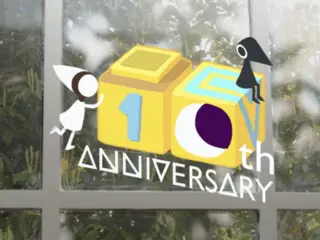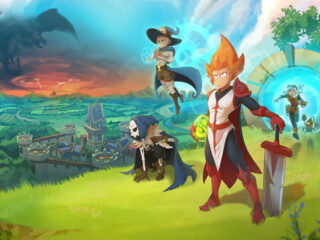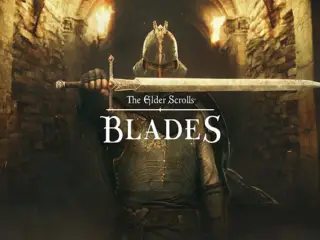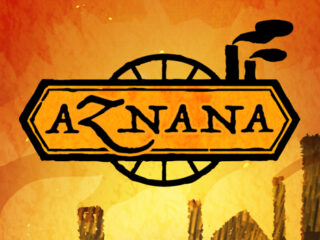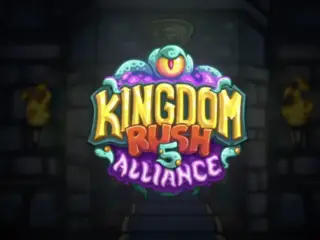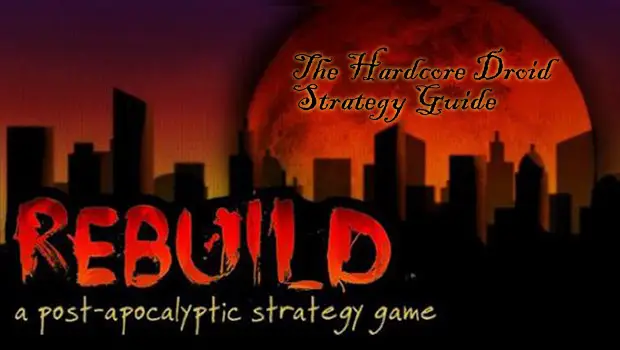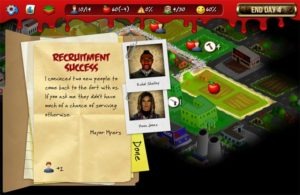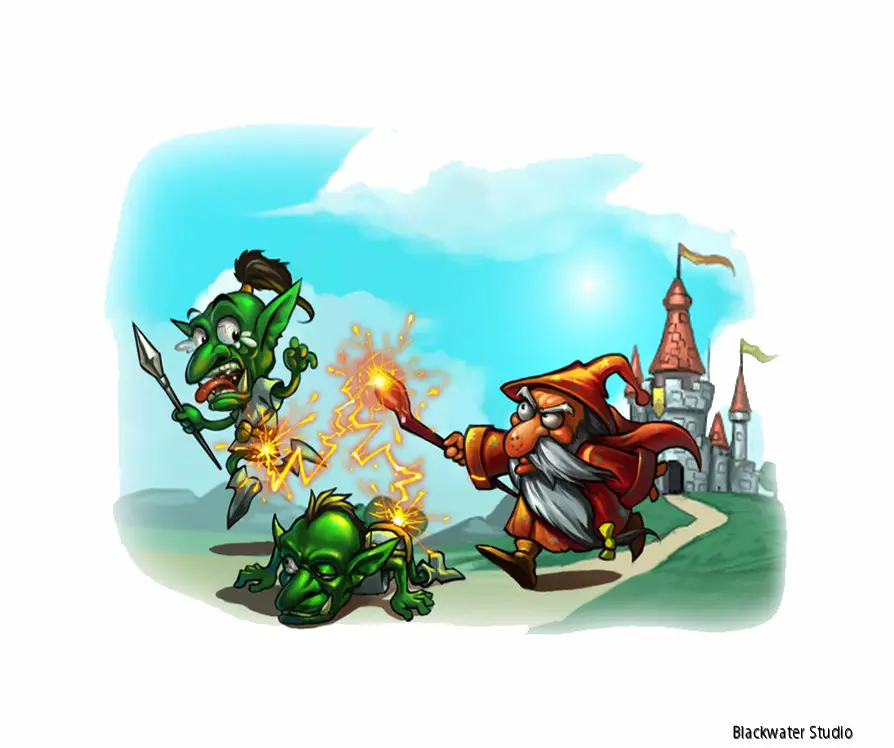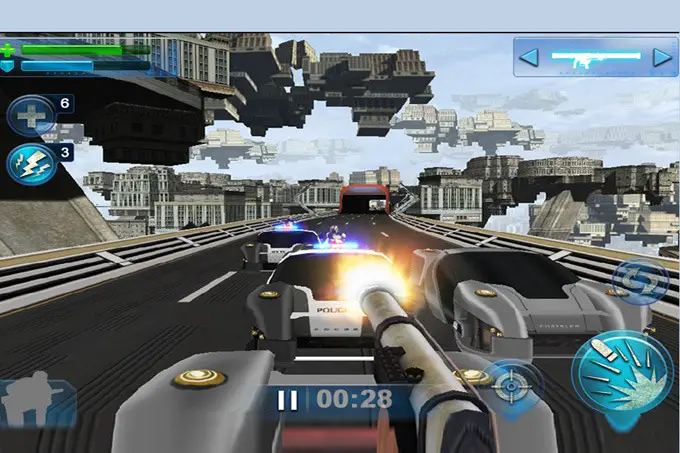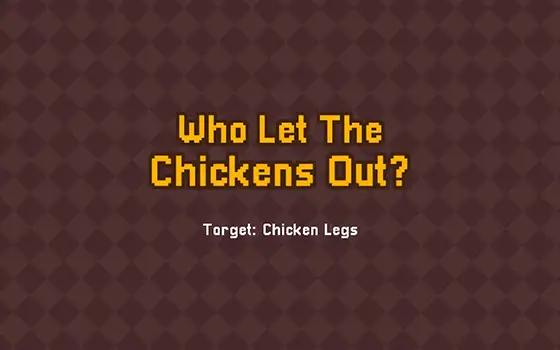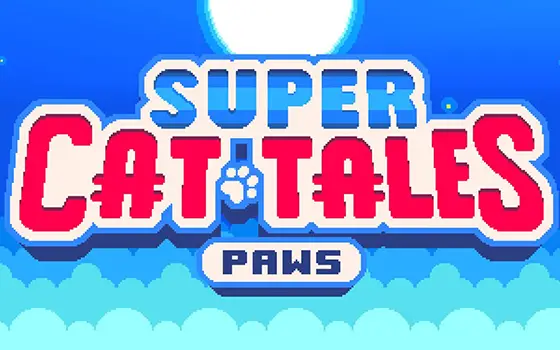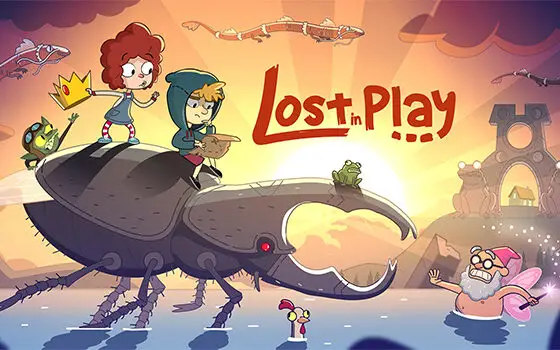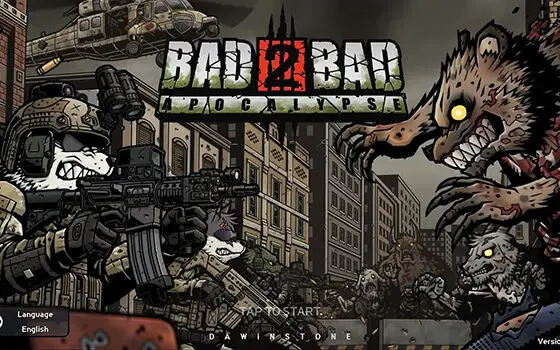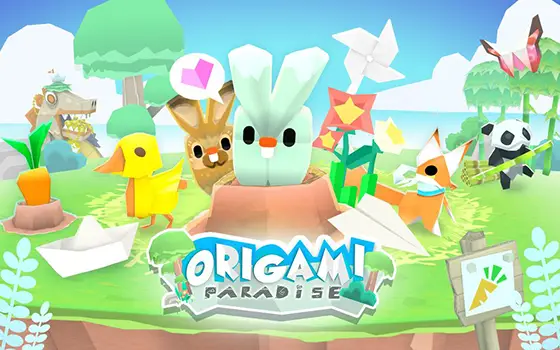Zombiepocalovely
I don’t do zombies. Sure, I have some affection for the novel World War Z, but zombie games are almost entirely tower defense with extra gore and body parts. Not appealing at all. But Rebuild, an Android game by Sarah Northway, is more of a post-apocalyptic city builder. Sure, there are zombies, and they attack survivors at night, but the overall objective is to build a thriving civilization, not to pop undead into ever-more-realistic piles of guts.
The player’s basic goal is to rebuild civilization by reclaiming buildings until he controls the majority of the city and the City Hall. This objective is clear from the start– kill zombies, recruit new survivors, feed and house your people, grow your rebuilt civilization.
Rebuild uses the story of a harsh post-apocalyptic world as the background for the building strategy game. The player can assign the survivors in his settlement to different tasks each day, for a turn-based strategy game in the same gameplay style as Civ’s famous one-more-turn magic.
The player is offered many choices in his search for survival. Do you scavenge for food, or build farms? Train soldiers or scientists? Which member of your tribe do you send on the dangerous missions? Random events offer more chances for small choices. Do you take advantage of happiness boost from the visiting “love caravan”? How do you handle the rise of The Church of the Chosen Ones, a zombie-loving cult, among your people?
All survivors have unique names, often with nicknames, and they respond to their assigned tasks with personality. (My would-be soldiers complained about shouting “pewpewpew” in training to conserve ammo.) It makes it easy to imagine personalities, especially when new survivors, like scientists who heard our radio broadcast or a family holed up in a school, join the crew.
On a large size game map, though, it quickly becomes overwhelming to train and assign all your survivors to their best tasks. There’s no way to automate, say, a crew of your best fighters to keep killing zombies, or to send your best scientists to keep researching, or make sure your newest survivors are quietly tending crops. Instead, each day, the survivors who’ve completed their tasks appear on the list to be given a new assignment. With a smaller list, it’s quite personal — Becky Doyle is the carpenter who reclaims new areas, the Stewart brothers scout, Old Man O’Neal tends bar — so chose a smaller map size to enjoy an emerging survival narrative in a small town.
Builders are able to turn reclaimed suburbs into farms, or farms back into suburbs, depending on whether the city has more of a need for food or housing. Builders can also reclaim former garages and minimarts, and rebuild them as useful places like hospitals, bars, apartments, laboratories and schools.
Each city map is randomized, so you may find that the nearest block to reclaim is a second hospital. If you happen to reclaim these extra instances of one particular building type, or you just want to pursue another resource instead, then most buildings can be rebuilt. Unneeded apartments, hospitals without patients and bars without a bartender can be rebuilt as other things your survivors might need more. But labs, schools and churches (and, if you build them, gun turrets) are permanent, even when uninhabited. It was frustratingly unclear which buildings were permanent, and which could be replaced. This didn’t make the game unplayable, although it was pretty disappointing to have an unusable turret now located in the middle of my city, surrounded by schoolhouses and laboratories standing empty.
Malls and police stations, which can only be reclaimed and not be built, can be fortified defensively and staffed with survivors assigned to guard duty. I was unclear, even after playing through several times, if there was any advantage to having multiple instances of a defensive structure like a police station over having one well-staffed instance.
I noticed an unusual language flag in the options menu, allowing players to choose whether their survivors express themselves more politely or, ahem, more colorfully. I liked having this option. I usually find a string of swearing to be pretty abrasive but if you can’t drop an F-bomb in the zombie apocalypse, when can you?
Rebuild offers multiple possible endings, and players can unlock these endings based on a blend of random events and player choice. This adds replay value and adds to the emerging post-apocalyptic world. The game comes quite close to having far-reaching implications for each choice, like the brilliant citysim Positech’s Democracy, but actually most of the moral dilemmas presented are more for storyline and world building, not gameplay. Still, the solid city builder mechanics and a great emerging narrative of zombie battles and post-apocalyptic survival mean there is a lot to enjoy in Rebuild.
Hardcore?
Yes.
Sarah Northway’s Rebuild is a post-apocalyptic city builder with charming characters, solid mechanics, and zombie attackers.




